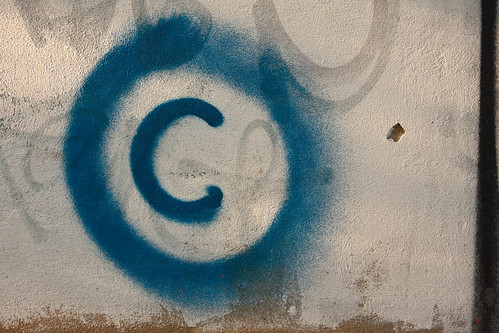
Georgia Harper is a legal specialist in copyright law and the Libraries Scholarly Communications Advisor. She has been closely involved in the Libraries partnership in the Google Book project since it began.
A district court in New York made a determination last Thursday about which there has been enormous speculation for nearly a decade now: Is it fair use for Google to scan tens of millions of books, many of which are still protected by copyright, and provide snippets of the text of those works to users of its search engine in response to their queries? Judge Denny Chin says it is. There it will stand for the moment. The Authors Guild says it will appeal to the 2nd Circuit in hopes of a reversal.
UT Libraries is a partner in the Google Books project, so we are elated by the decision. We have long argued that scanning for the reasons Google scanned our books, among many other libraries’ books, is fair use, but it is the nature of fair use that reasonable minds can disagree about its scope. So you usually hold lightly to your opinions. You never know when you’ll be shown to be wrong. But, there has been a rather nice string of court decisions since the mid-1990’s, beginning with the “Pretty Woman” case (Campbell v. Acuff-Rose), strengthening the fair use doctrine when the use is transformative — that is, when it adds something new, provides new context, or brings the work to new audiences for a different purpose. So, the question becomes, most importantly, “Is the use transformative?” If it is, courts are much more likely to declare it a fair use, assuming it meets the other criteria for a fair use. Judge Chin’s decision explores these criteria, and the weights of public benefit and harm to economic incentives in his decision, which I recommend you read.
It usually comes down to this: does the benefit to the public (usually a speech-related, First Amendment benefit) outweigh the harm to the copyright owner’s reasonable expectation of commercial exploitation of her work? I’m happy that for now, we are confirmed in our opinion that here, it does.


